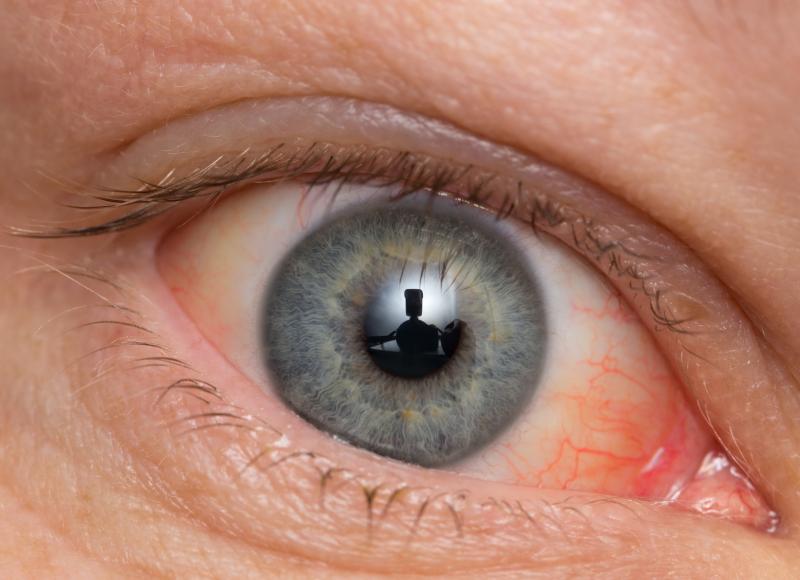
Use of hormone therapy in the long term potentially carries a heightened risk of cataract in postmenopausal women with type 2 diabetes (T2D), a study reports.
Researchers examined whether postmenopausal hormone therapy use interacted with diabetes, which is a known risk factor for several age-related eye diseases. They used data from the Canadian Longitudinal Study on Aging and included 15,320 community-dwelling women aged 45–85 years.
All participants completed questionnaires to report menopausal status and hormone therapy use, as well as physician diagnosis of diabetes or eye disease. Multivariable logistic regression was applied.
In an analysis controlled for demographic, lifestyle and health variables, a multiplicative interaction was observed between HT use and T2D in their relationship with cataract. Specifically, exposure to HT for ≥10 years conferred much greater odds of having cataract in women with T2D (odds ratio [OR], 2.44, 95 percent confidence interval [CI], 1.49–3.99; p-interaction=0.013).
The increased cataract risk was not seen in long-term HT users with no diabetes (OR, 1.03, 95 percent CI, 0.87–1.21). Moreover, HT use showed no association with glaucoma or macular degeneration.
According to researchers, additional studies are needed to confirm the current findings. If confirmed, physicians should inform women with T2D about the elevated risk of cataract associated with long-term HT use.